As more nations extend recognition to Palestine, a crucial question emerges: will financial support shift from short-term humanitarian relief toward long-term development investment? Recognition may reshape donor priorities, yet Israel’s enduring control over finances, borders, and trade casts doubt on how transformative this shift can truly be.
Recognition Momentum
In September 2025, a major diplomatic shift occurred as several Western nations formally recognised Palestine as a state. On September 21, the United Kingdom, Canada, Australia, and Portugal simultaneously announced recognition, marking a coordinated move. The following day, France joined them, signalling wider European support. This wave of recognition strengthens Palestine’s international legitimacy and challenges the status quo of peace negotiations long dominated by ambiguity. For the Middle East, it represents both opportunity and uncertainty: potential new avenues for structured development aid and trade, but also heightened political tension with Israel, which strongly opposes these recognitions.
Recognition of Palestine by strong states like the UK and France does more than signal political alignment—it reshapes the economic landscape in which the Palestinian Authority operates. As now, the State of Palestine is recognised as a sovereign nation by 153 countries out of 193 UN member states, approximately 81% of all UN members, which makes it easier for it to take all the rights of any nations should have. Firstly, formal recognition should expand Palestine’s access to multilateral financing institutions and development banks; World Bank Group, International Monetary Fund (IMF) and, Arab Fund for Economic and Social Development. Thereby, shifting external support away from short-term humanitarian relief toward longer-term investment in infrastructure, governance, and economic growth. Secondly, by conferring greater institutional legitimacy, recognition strengthens Palestine’s capacity to negotiate trade agreements, secure budgetary support, and attract private capital flows. Additionally, it encourages donor countries to reframe aid packages from emergency-driven assistance to structured development programs, promoting fiscal sovereignty and institutional consolidation.
Thus, recognition is not only symbolic but also transformative for Palestine’s economic architecture, potentially altering the balance from dependency on humanitarian relief toward integration into global markets and long-term development trajectories. While recognition offers a path toward a new economic reality, the current framework of aid to the Occupied Palestinian Territory (OPT) highlights the significant barriers to achieving that goal.
Aid under Occupation: Barriers to Impact
Aid to the OPT operates through a fragmented architecture of donors and delivery mechanisms. UN-led mechanisms like the UN 2720 Mechanism, managed by UNOPS, designed to expedite humanitarian relief such as food and shelter. Major UN agencies—including UNRWA, UNICEF, and WHO—along with international NGOs, channel funds and operate projects on the ground. NGOs like the Norwegian Refugee Council and Save the Children also receive significant funding, implementing health, food security, shelter, and other humanitarian programs.
Most funds are earmarked for short-term humanitarian purposes—cash transfers, food rations, emergency health services, and temporary shelter—rather than for long-term investment. Development-oriented projects, such as infrastructure rehabilitation or institutional capacity-building, are often underfunded, both because of donor priorities and because Israeli restrictions on movement, trade, and financial flows undermine implementation. As a result, aid remains skewed toward emergency relief, reinforcing dependence on external lifelines rather than fostering fiscal sovereignty or sustained economic growth. This context underlines the urgent need for predictable supply, safe access, and political solutions to improve aid impact and foster long-term resilience.
Between 1 and Sept. 15, 2025, over 77% of UN-coordinated food aid in Gaza was looted or diverted by desperate crowds, disrupting targeted aid distribution. Reports from Doctors without Borders reveal that Israeli authorities pushed to replace UN efforts with a militarized system—the Gaza Humanitarian Foundation (GHF). Since May 2025, more than 2,500 Palestinians have been killed trying to access aid near GHF distribution points, with many casualties pointing to deliberate targeting of starving civilians. These deadly dynamics, combined with Israel’s control over fiscal revenues that withhold hundreds of millions of dollars annually from the Palestinian Authority, severely restrict aid’s effectiveness and worsen dependency on fragmented humanitarian flows. Thus, symbolic recognition alone cannot overcome the structural barriers imposed by occupation on aid delivery and Palestinian development.
From Relief to Development?
The recognition of a Palestinian state by the UK and France means that four out of the five permanent members of the UN Security Council have officially acknowledged this status which would leave the U.S. isolated on this issue within the Security Council.
Likewise, the theory suggests that as more countries officially recognize Palestine, Israel and its main ally, U.S., may find themselves increasingly isolated on the international stage. Over time, this could lead to embargoes and sanctions against Israel, pressuring it to make concessions to Palestine. Recognition by powerful states such as the UK, France, or Canada strengthens Palestine’s international legitimacy, giving it greater diplomatic weight in global forums and potentially opening doors for structured development aid, trade agreements, and investment partnerships. Donors may be encouraged to shift from short-term humanitarian relief toward long-term development in investments, such as renewable energy projects, digital infrastructure, housing, and agriculture. This reorientation could foster job creation, improve living standards, and reduce reliance on emergency assistance. Beyond bilateral channels, recognition may unlock broader multilateral funding, allowing Palestine to participate more fully in World Bank initiatives or European Union neighbourhood programs. The private sector could also become more engaged, reassured by Palestine’s enhanced diplomatic legitimacy.
However, in reality, these potential benefits face severe constraints due to Israel’s continued control over Palestinian borders, revenues, imports, and the movement of people and goods. Israel’s fiscal and regulatory restrictions—ranging from the administration of customs revenues to limits on cross-border capital flows and donor-financed projects—undermine Palestine’s capacity to fully utilize development funds. Without enforceable mechanisms and sustained international pressure to guarantee access and sovereignty, recognition risks remaining largely symbolic. The key question is whether heightened diplomatic recognition can mobilize tangible guarantees, through institutions like the World Bank or IMF, or collective pressure from blocs such as the EU and Arab League—that protect Palestinian financial flows and enable effective governance. Absent such measures, structural barriers under occupation will continue to block meaningful economic progress despite diplomatic advances.
Thus, recognition creates momentum for shifting financial flows from short-term relief toward structured development in Palestine—potentially unlocking infrastructure investment, private sector engagement, and regional integration. However, without mechanisms to guarantee Palestinian sovereignty over borders, revenues, and trade, these advances risk remaining largely symbolic. To break the cycle of dependency on fragmented humanitarian aid, the international community must pair recognition with firm diplomatic and economic pressure on Israel to lift fiscal and access restrictions. Conditioning multilateral financing on compliance, enforcing revenue-sharing agreements, and supporting Palestinian institutional capacity are essential. Only through coordinated action that secures Palestinian financial autonomy, and unhindered development can recognition translate into real economic growth and improved livelihoods.
Al Habtoor Research Centre’s Commentary articles allow researchers to provide quick, informed responses to ongoing topics, emphasizing personal perspectives and expert opinions without the weight of exhaustive citations. This ensures agility in addressing rapidly evolving subjects and enriches the discourse with authentic insights.


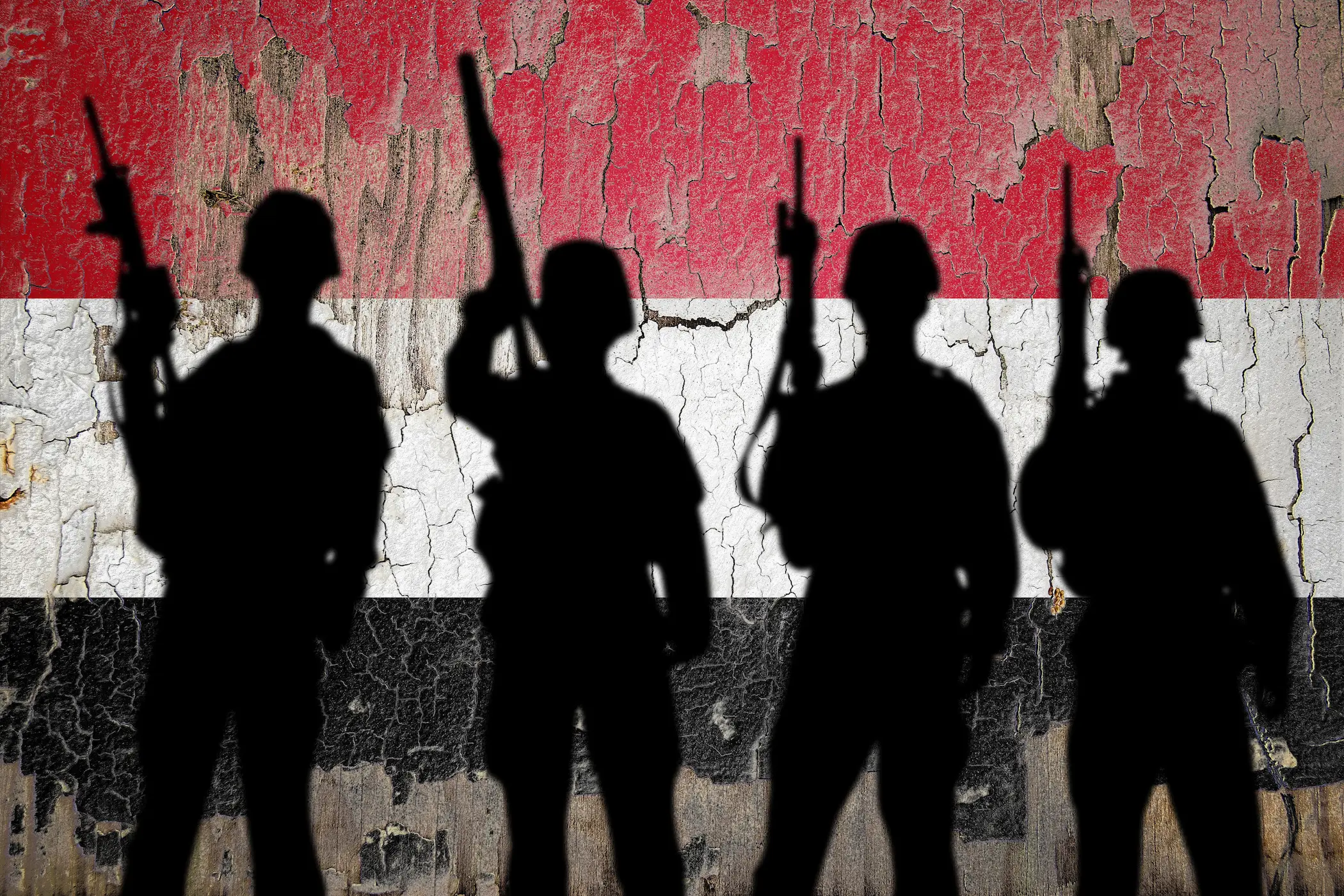
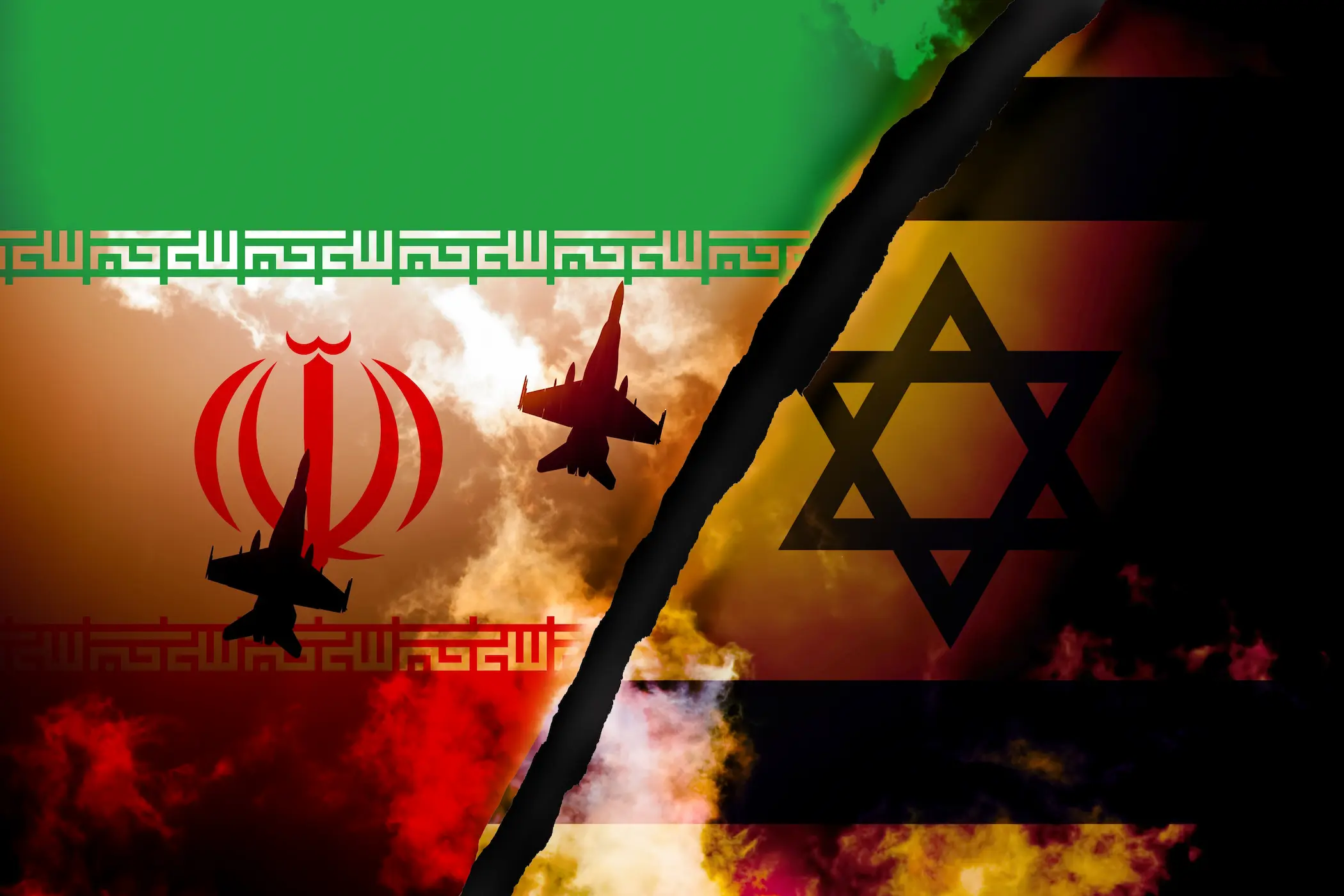
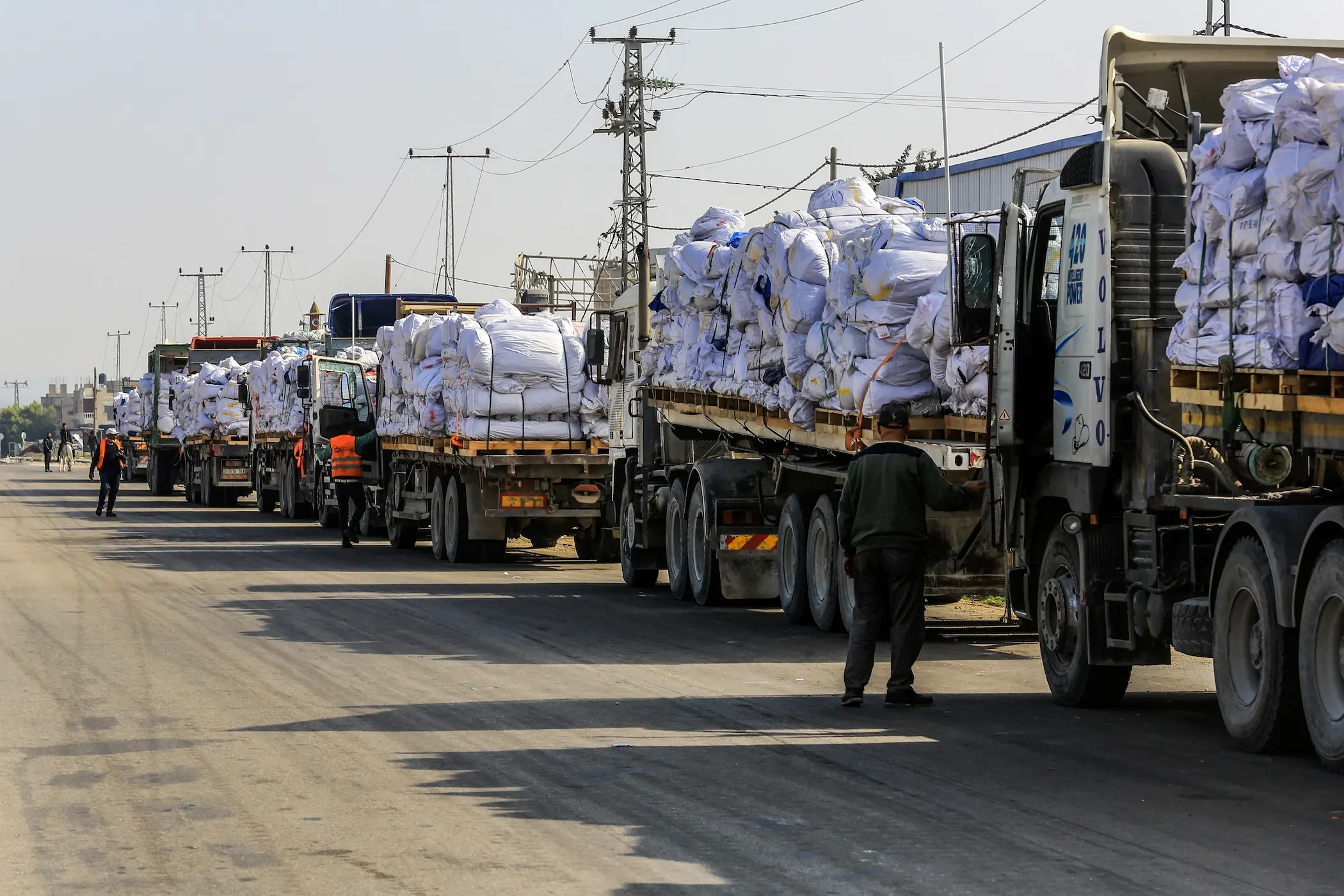







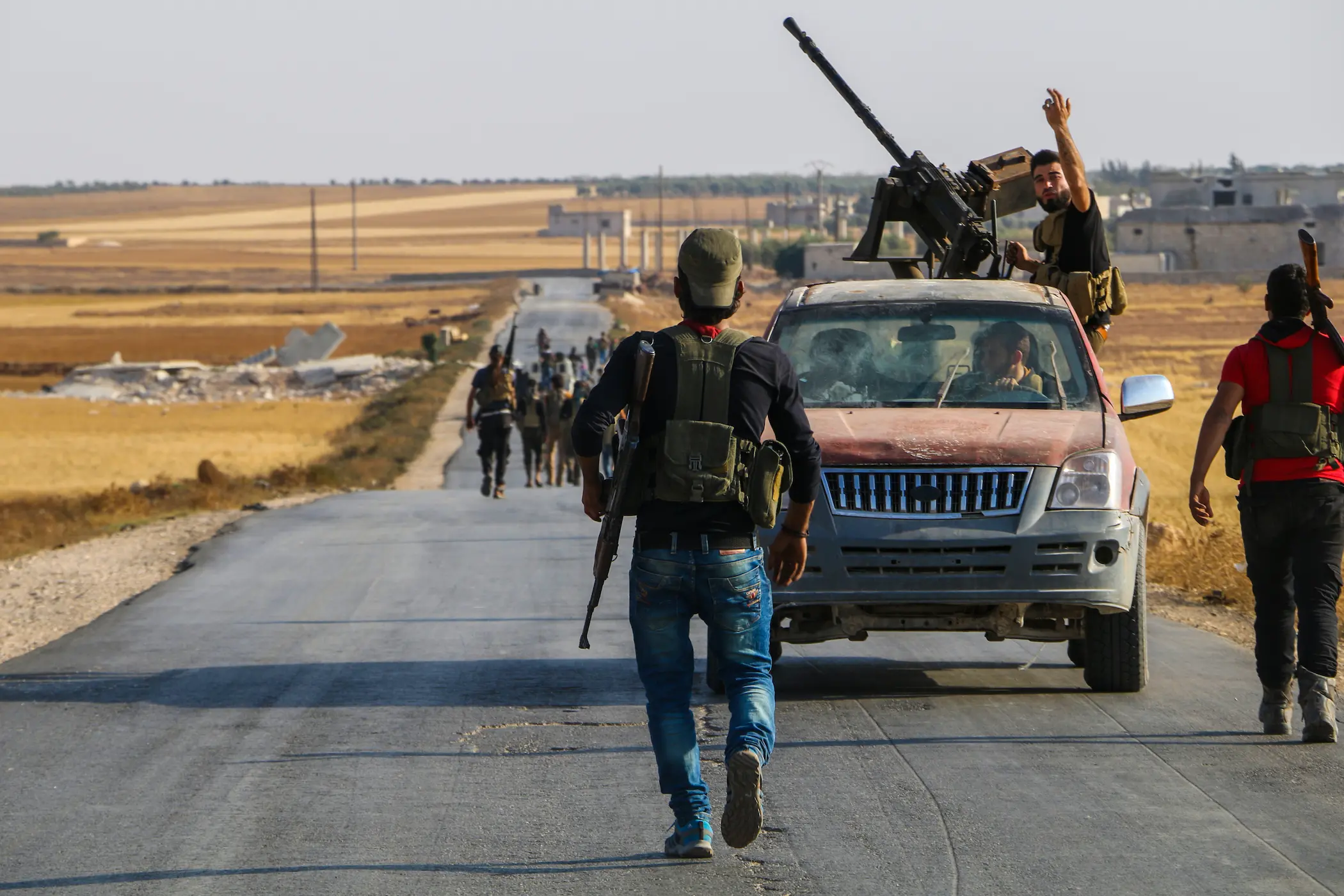


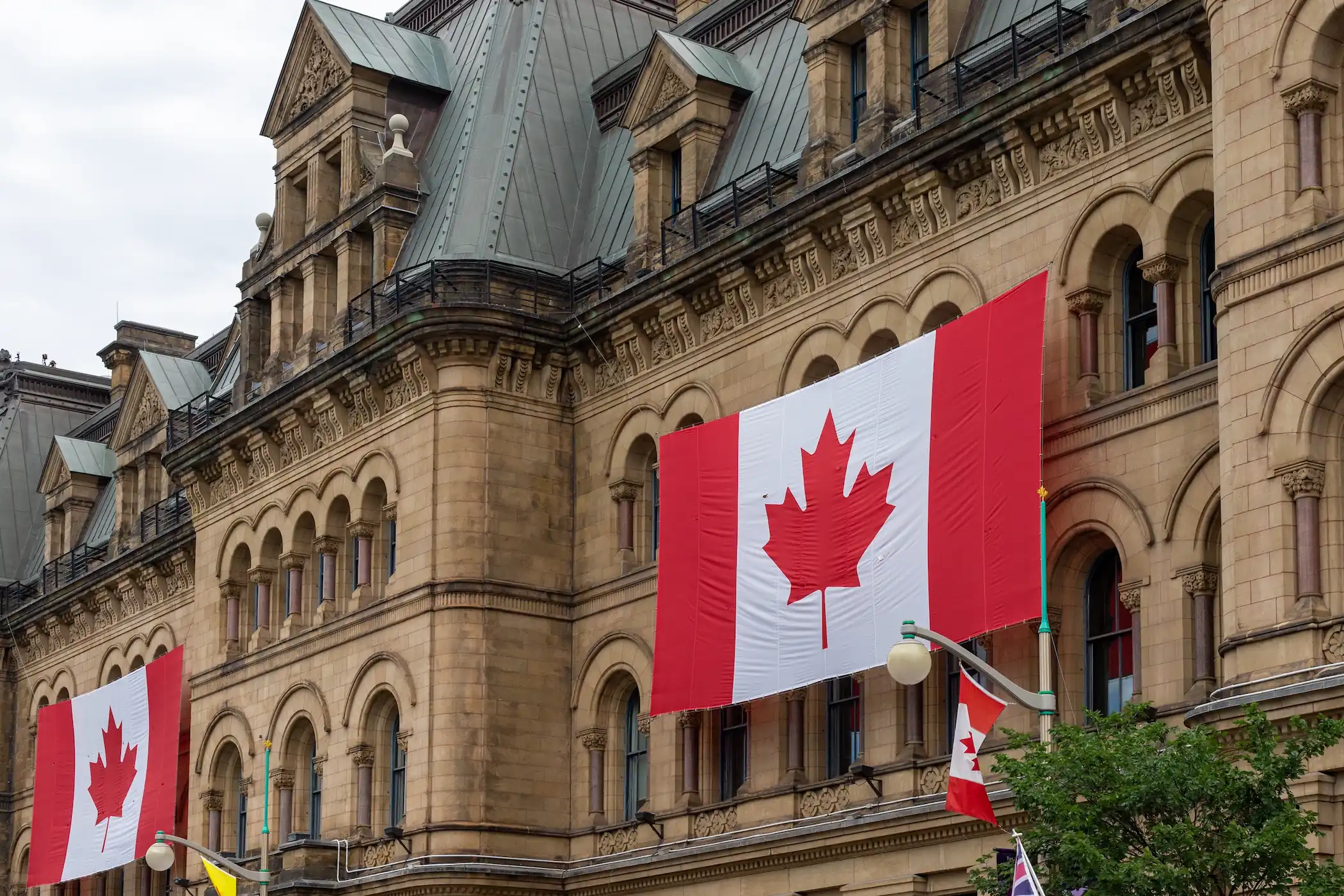






Comments